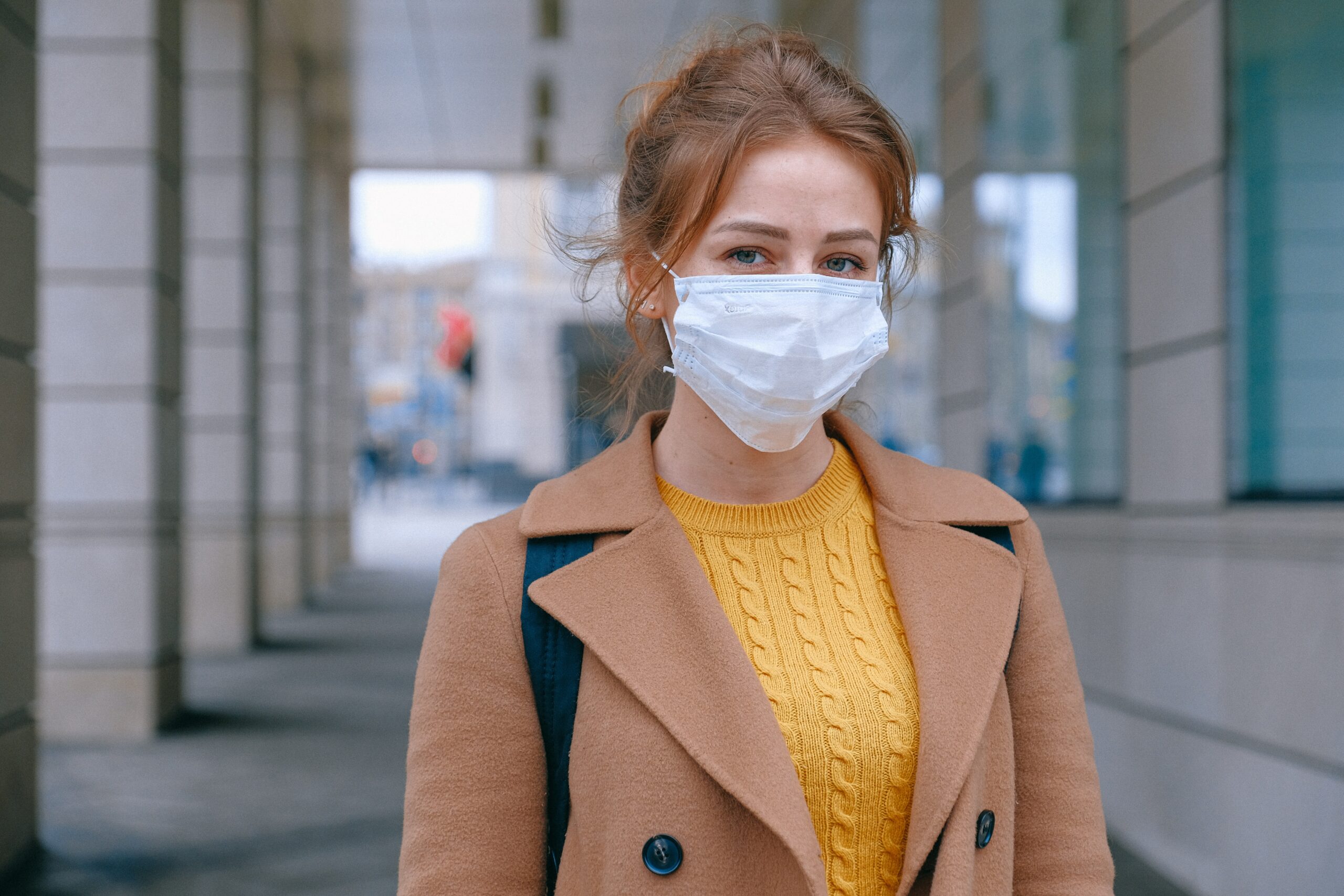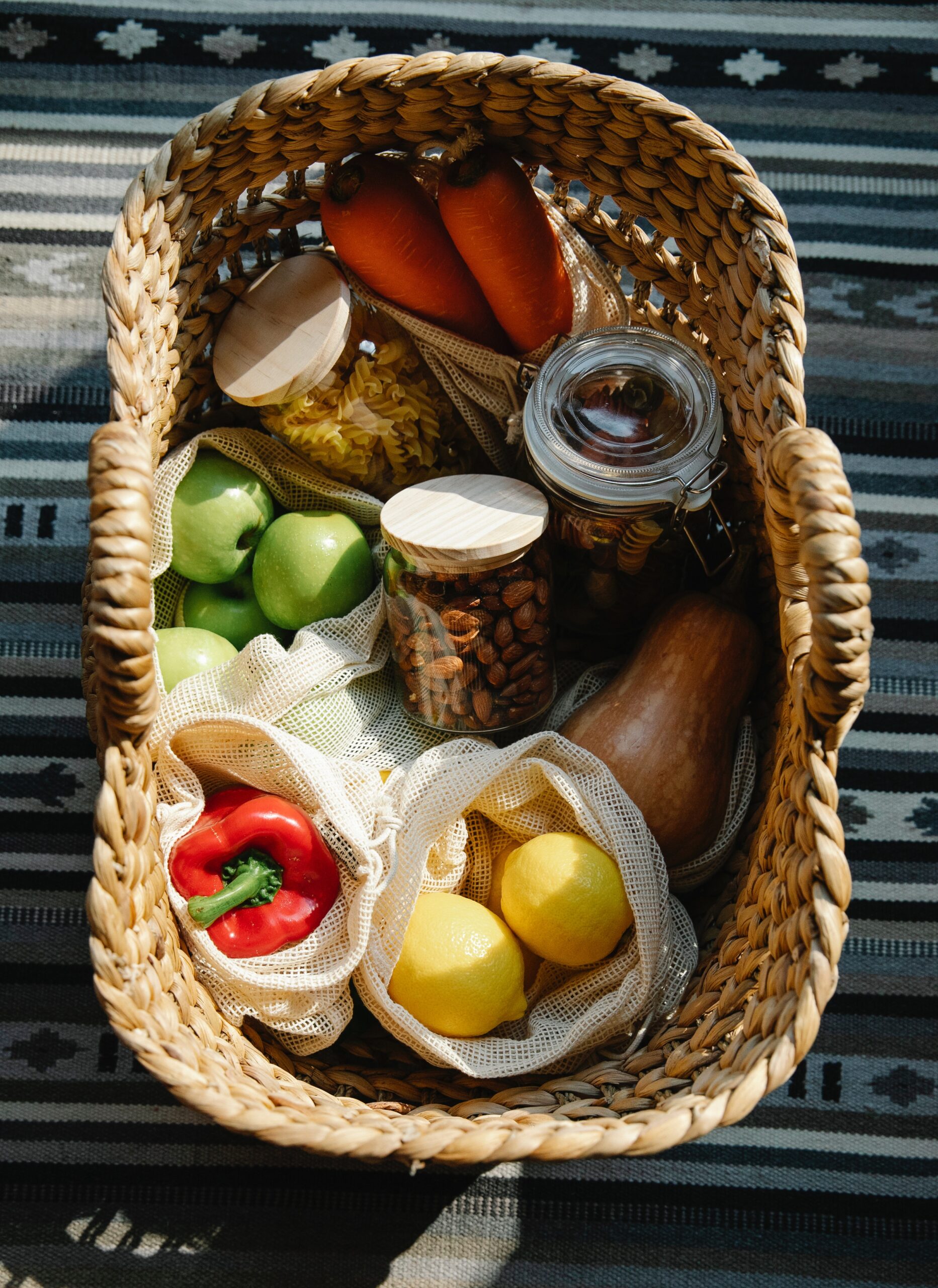
After two years, the flu once again rears its ugly head. This time, it arrives with vigor as COVID-19 continues to overstay its welcome, causing experts to fear a double threat of a “twindemic.”
Both the coronavirus and influenza are notoriously unpredictable. Combined, this could place a huge strain on the public, let alone the health system.
In its Influenza Surveillance Report, the CDC has tracked an uptick in flu activity in the U.S., most notably in Georgia, New York City, South Carolina, Tennessee, Texas, and Washington. Typically, the flu season ramps up in December, but this year, it’s officially off to an early start.
What accounts for this severe 2022-2023 flu season? Two things.
Before the pandemic, we allowed viruses to normally take its course.
Before the pandemic, we allowed viruses to normally take its course. But because we doubled-up on masking and lockdowns and staying home for two years, we didn’t allow viruses like the flu to spread as we historically have. The flu virtually took a vacation. Now, with the lifting of restrictions, the flu is back…with a vengeance.
Secondly, there’s the case of Australia. They have had a horrific flu season, and it peaked two months earlier than expected and with such intensity. This is a strong indication that the same trend will happen in the U.S.
As we gear up for another flu season, how prepared are you? Not to worry, you still have time. Here are some things you can do to prepare for the flu season.

Tip # 1. Do take your flu shot.
The CDC recommends for everyone 6 months and older to take their flu shot. The best time is September, but if you haven’t booked one yet, there’s no course for alarm. Have your flu shot done now. Ideally, per the CDC, you shouldn’t wait until the end of October. The reason for this is it takes times for the vaccine to take effect—about two weeks. So, go ahead and book your appointment.
Taking a flu shot is not only about protecting yourself, but also the people around you – an elderly, a baby, or a loved one who has vulnerable conditions.

Tip # 2. Consider getting a COVID-19 booster too.
Especially if you’re high-risk—pregnant, 65 or older, or with conditions such as asthma, heart disease or diabetes, you can get your COVID booster too, if you’re eligible. Yes, you can have both, experts say. “It’s a actually a good idea,” says Dr. Ashish Jha, White House Covid response coordinator.
Just be ready, though, for some pretty heavy side effects. Sore arms, fatigue, head ache, and all that. Take it easy for two or three days.
Tip # 3. Wear a mask in indoor spaces and wash your hands regularly.
As if the double threat of Covid and flu isn’t enough, there’s also respiratory syncytial virus, or RSV, to watch out for. Avoid all three and other respiratory viruses staging a comeback through one simple precaution: mask up.
Experts recommend wearing high-quality, well-fitting masks, like N95, KN95, or KF94s. If you don’t have one on hand, a surgical mask will do, and is way better than a cloth mask.
Both Covid and flu can be transferred through contaminated surfaces, and knowing our nature of touching our faces 16 times in an hour, the best stop gap is washing your hands regularly.

Tip # 4. Disinfect your place.
Been planning to book that cleaning service? Now’s the time to go do it. Have your whole home sanitized, surfaces, nooks, and crannies included. This flu season, it won’t hurt to be a bit of a germophobe.
Tip # 5. Stock up your medicine cabinet and buy other sick-day essentials.
At this point, it’s best to be ready for anything, including coming down with a flu yourself. So, take a look at your medicine cabinet – throw out all that’s expired, and make a list of medicine stash you need to replace. You will need the following: decongestants, pain relievers, and cough suppressants.
Doctors also recommend these items on standby, in case you’ll be needing them yourself or a loved one: a thermometer, pulse oximeter, disinfectant spray, humidifier, and COVID-19 tests. The last item is so important it needs a separate paragraph.
Tip # 6. Do keep COVID-19 home tests in stock.
It’s tricky—both Covid and the flu have similar symptoms. This is why Jennifer Nuzzo, an epidemiologist and director of the Pandemic Center at the Brown University School of Public Health, recommended stocking up on COVID-19 tests “so you can follow Covid-19 isolation guidelines if you’re positive and ask your doctor if you’re eligible for treatments like Paxlovid.”
Some people may feel what’s the point, and would rather just isolate themselves and get better. But doctors may recommend medicines for you to take to get better. It would be beneficial to know which virus you have. And your work would probably require you to test yourself as well, especially if your work arrangement’s hybrid.

Tip # 7. Fill up your pantry.
Think of the food and drink that brings you great comfort when you’re sick – whether that’s chicken soup or cinnamon tea, go and grab them during your next grocery run.
There’s nothing wrong with buying comfort food like peanut butter or chips, but if you want to get better, you need to eat nutritious food. Check out this list to help you with your healthy grocery list.
Tip # 8. Make a plan with people you live with.
Three years into the pandemic, we’ve already experienced how panic-inducing it is when you’re alone with COVID, or someone you live with is infected. Learning from these experiences, we already have strategies in place. You’ll basically replicate this for the flu season, such as having an isolation plan, quarantine measures, and mobile numbers of your go-to meal providers, if you have no one to cook you meals. Planning and preparation are crucial in facing a severe flu season.
Tip # 9. Practice other good healthy habits.
At this point, we know that sickness comes from an imbalance in the mind, body and spirit. So CDC advises continuing healthy habits as a preventive measure. Get plenty of sleep, exercise, manage your stress, drink plenty of fluids, and practice clean eating.
Tags
References:
https://www.npr.org/sections/health-shots/2022/09/23/1124311571/flu-season-2022-covid-twindemic
https://www.statnews.com/2022/10/17/cdc-signs-point-to-early-start-flu-season/
https://www.self.com/story/how-to-prepare-for-cold-and-flu-season
https://www.self.com/story/how-long-does-flu-last
https://www.self.com/story/how-to-prepare-for-cold-and-flu-season



0 Comments